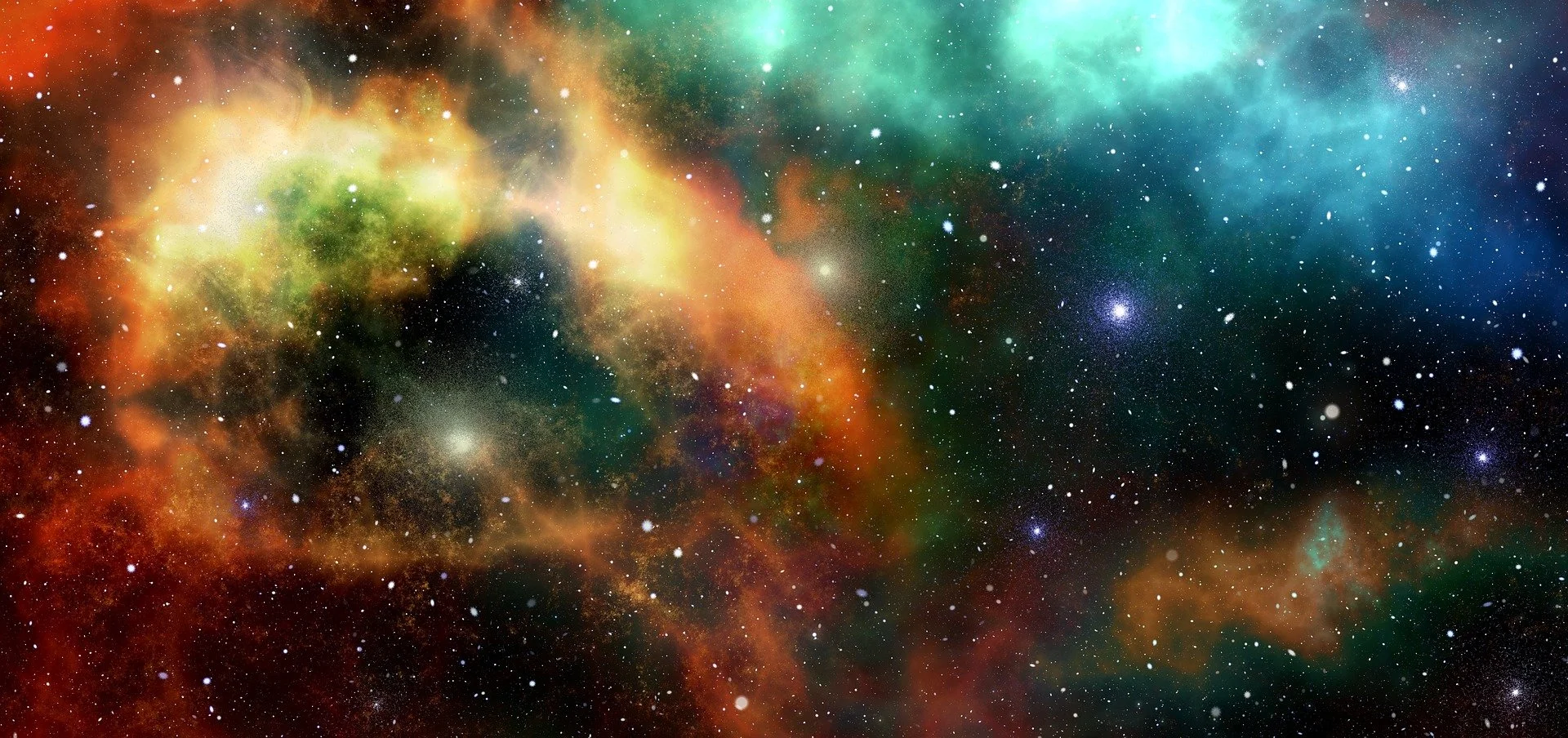New research puts age of universe at 26.7 billion years, nearly twice as old as previously believed::Our universe could be twice as old as current estimates, according to a new study that challenges the dominant cosmological model and sheds new light on the so-called “impossible early galaxy problem.”



Isn’t dark matter just matter we can’t percieve? Rogue asteriods and the like? I admit its been a minute since I studied this stuff, but dark matter isn’t very special.
It’s been a minute, but the universe is expanding and the speed of the expansion depends on the total gravity. When we calculate the amount of mass it would take to make that much gravity, it’s way more than what we actually see out in the universe. It’s really a cheeky way of saying our current model makes tons of good predictions so we trust that something is out there, but in reality we don’t know its nature and can’t detect or measure it directly.
Things like asteroids, galactic dust and the like are already accounted for in the baryonic (ie ordinary) matter. We can estimate it for example measuring the absorption of different wavelengths of light, or extrapolating the local abundance of asteroids. There are theories like the MACHO that propose that we are missing some, but in general it is understood they can only account for a tiny fraction of the missing mass.
The predominant hypothesis is that dark matter is composed by some unidentified particles, that have the same thermodynamic properties as usual matter (basically that their energy is proportional to the volume), but that don’t interact (or interact very weakly) with normal matter.